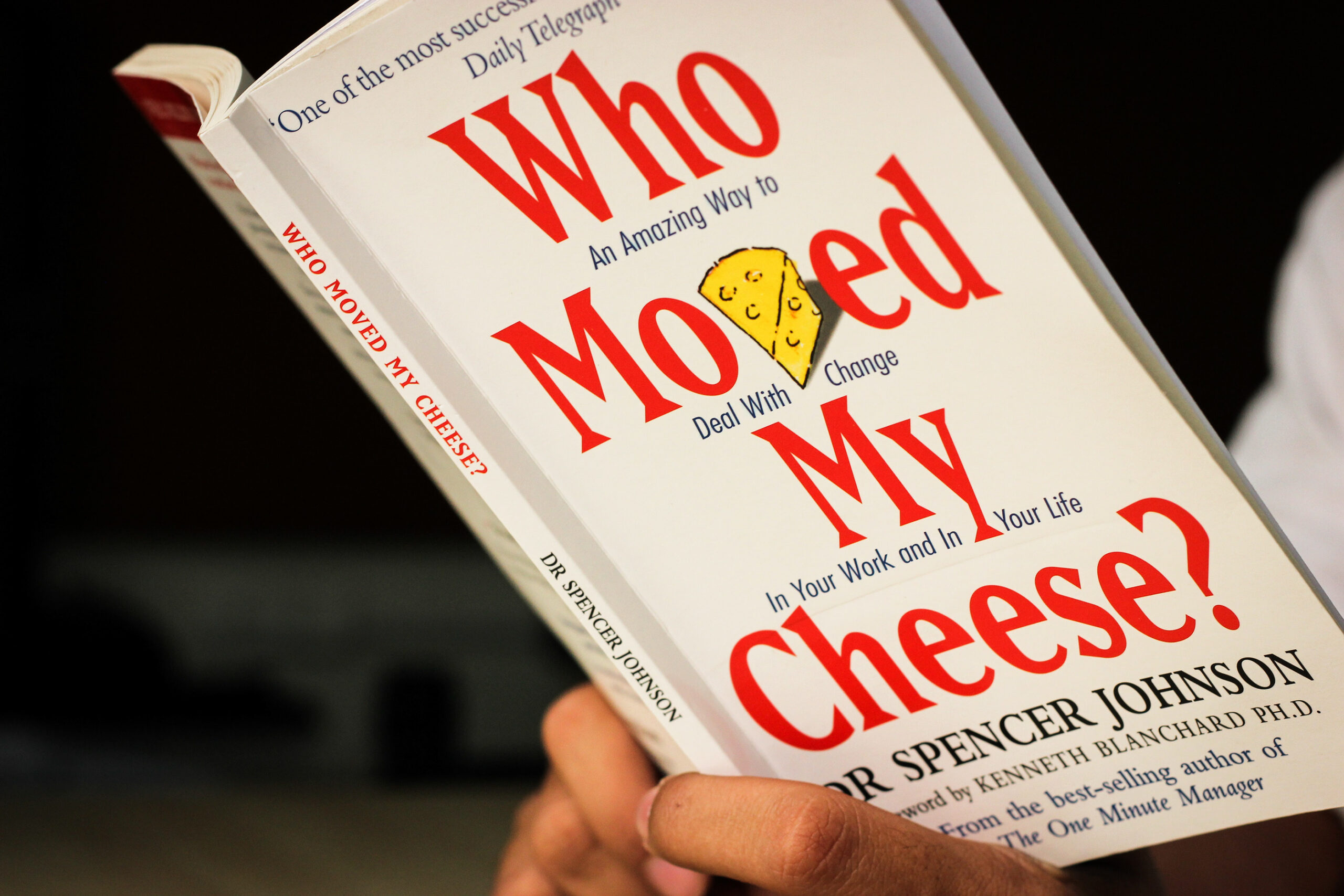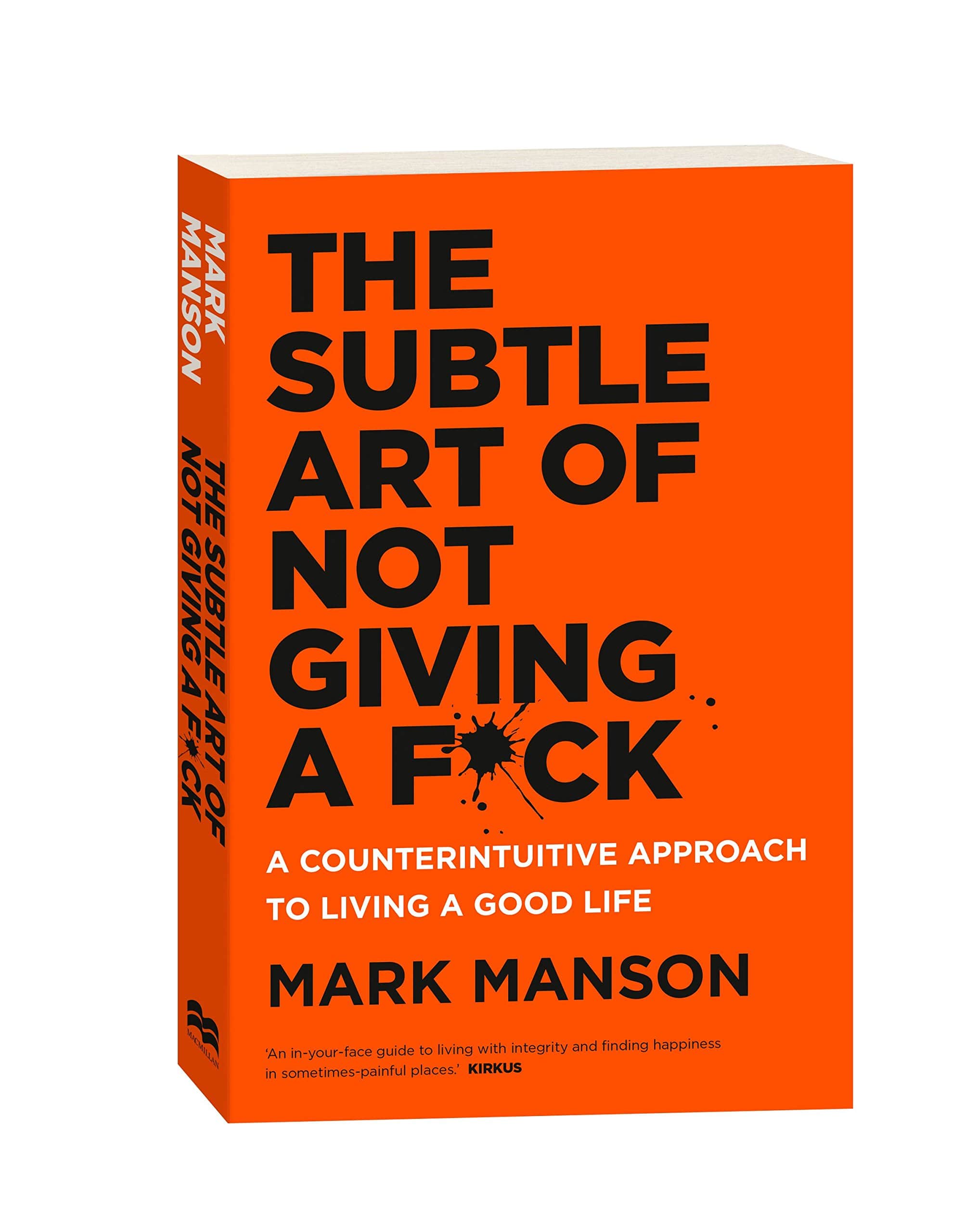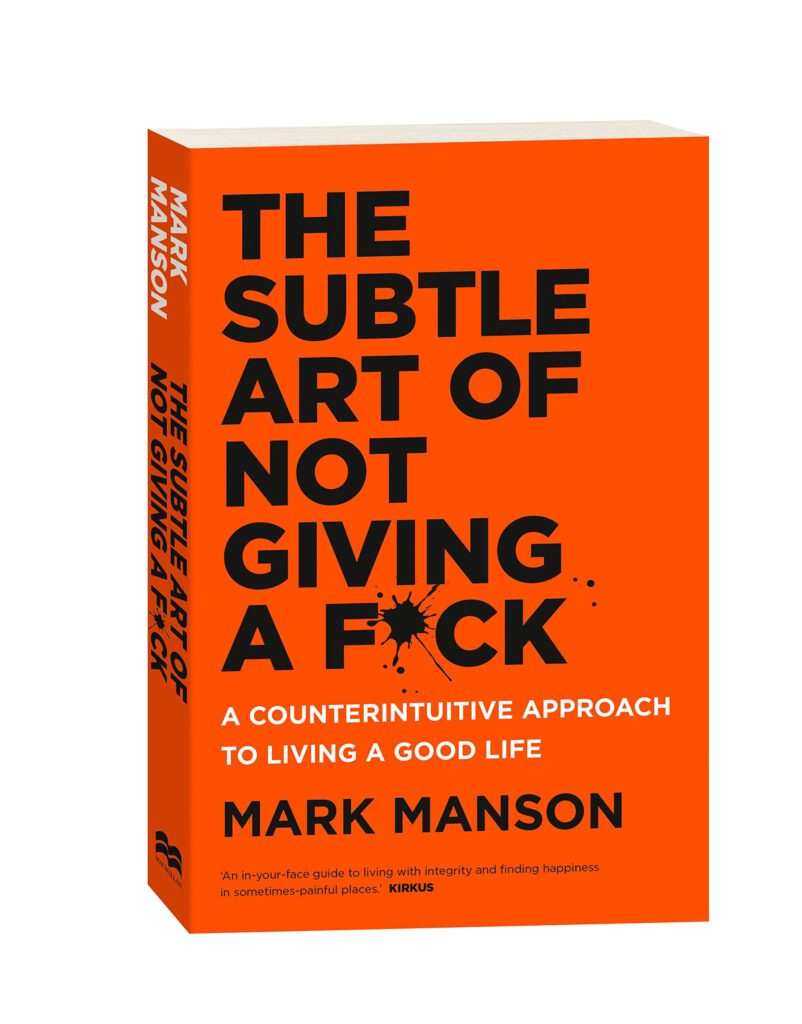Category: Blog
Wisdom for Teams #3

“The person is not the problem.
The problem is the problem.”
MICHAEL WHITE (1948–2008), Australian social worker and family therapist, founder of Narrative Therapy
—

Wisdom for Teams #2

“The good listener doesn’t moralise. They know their own minds well enough not to be surprised or frightened by strangeness. They know how insane we all are. That’s why others can feel comfortable being heard by them.”
From the article “Charm” on the website The School of Life
—

Podcast: How a Former Priest Creates Badass Teams

My good friend Francisco Mahfuz recently had me as a guest on his podcast “The Story Powers”. It was my first time, and I must say I had loads of fun. Fransisco is a great host.
Some of the topics we talk about are:
- How being a priest helps me build betters teams
- Mistakes leaders make in times of crisis
- My transition and journey from priesthood to corporate trainer
You can listen to the episode here as well as on Spotify and YouTube:
_________
_________
_________
Thanks buddy for inviting me and keep up the fantastic work!
The Question That Helped Me Face Uncertainty


—
Most of my work is done face-to-face. Or at least it used to be. When the pandemic broke out I soon realised that a profound and irreversible change in the events and training industry was going to take place. The urge to freak out was big:
- How long will the confinement last?
- How long until face-to-face events will be allowed?
- How will I transfer my trainings online?
- What equipment do I need?
- How does this sh*t work???!!!
And then it happened. Early on in the lockdown, a friend of mine, Onu Igbokwe, referenced a book: Who Moved My Cheese, by Spencer Johnson. I had read the book years back but decided to listen to the audiobook. Life changing. It’s a must read. If you’ve already read it, and you’re facing uncertainty, then read again.
It’s a short book. A couple of hours is enough. But don’t be fooled by its length. The author says it took about 20 years to write it. Every word counts. What most changed my approach and behaviour was one simple question:
—
What would I do if I were not afraid?
—
The voice in your head might be saying: “But I am not afraid”. So here are other reactions to the uncertainty that comes with change:
- worry, concern, unease
- doubt, self-doubt, confusion, hesitation
- agitation, stress, anxiety, nervousness
- denial, refusal, complaining, intolerance, aversion
Fear has a funny way of disguising itself. If you’re feeling any of these, chances are there’s a degree of fear involved — the fear of failure. So here’s another way of putting the question:
—
What would you do if you could not fail?
—
After listening to the book things got better. I did a full-blown online training with Amazon, and was invited to impart shorter trainings and talks, as well as online coaching sessions. And next week I’ll be facilitating a two-day online “home-site” with King, the creators of Candy Crush.
Luck? Yes. Absolutely. So much luck. I also like to think Seneca is at least somewhat right when he says luck is what happens when preparation meets opportunity.
But even if the book or my behaviour had nothing to do with my work picking up, my experience nonetheless of these uncertain times has consequently been more tranquil. So thank you, Spencer, and thank you, Onu!
Wisdom for Teams #1

“Certainty is the enemy of growth.”
MARK MANSON
—

The Golden Rule is Making the World Worse


—
The Golden Rule — treat others as you would like others to treat you — is well intentioned in that it asks us to extend fairness and respect to others. But the outcomes are not necessarily good.
—
The problem is that it is based on a fundamentally flawed assumption.
—
The assumption that you want what I want, that fairness and respect mean for you what they mean for me. And this is rarely true. This is particularly relevant given the evils caused by the racism and the violence we’re seeing these days.
It is so easy to fall into the trap of assuming my way is the right way, and then to treat others as I think I should, without taking into account what they want. This is dangerous because it can make them feel disrespected and I might end up resenting the fact that they are being unappreciative of my efforts.
And we don’t have to go halfway across the world to make a difference. This applies to how we treat people at work, at home, on the streets, and in social media. Lest we come across as jerks, we want to be careful NOT to treat others like we would like them to treat us, unless we’re sure that is what they really want.
—
Never assume you know what others want. The alternative is to practice empathy.
—
The golden art of putting ourselves in their shoes to figure out how they would like to be treated. And we will probably be surprised by how much that can differ from what we expected to be appropriate.
If we are going to build a more fair, generous and compassionate world, we’re going to need a better rule. Here’s an iteration:
—
THE GOLDEN RULE 2.0
Treat others as THEY would like to be treated.
—
#BlackLivesMatter
A Poem on Demons and Life


This evening I will be running our Toastmasters Club meeting. Toastmasters is about communication and leadership. Part of my job is to choose a theme for the meeting. My friend Florian Mueck suggested I go with exorcisms (don’t know where he got that idea).
It is also my job to ask everyone with an active role in the meeting a question related to the theme. This was my question: If I were your exorcist, what demon would you like me to get rid of?
Asking myself this same question, I started playing with a few ideas, and ended up writing this rather philosophical poem. It reflects the irony of how we can sometimes work so hard for something and end up with the opposite, and how life has her way of waking us up to see this.
Though nowhere near his, I’m dedicating the poem to fellow philosopher, David Whyte. His poems have recently reignited my appreciation for the reflections poetry prompts. The audio file is a recording of me reading the poem.
—
—
IMPERSONATION
To David Whyte
In a pretension to be another,
as if cursed by gods,
possessed by a demon,
or haunted by ghosts,
I come to believe I truly am who I seek to be,
just like a dream.
But life strikes,
unexpectedly and hard,
the pain of the blow waking me from the dream.
Shedding the elusive skin of my pretension,
I see the true nature of my predicament.
Who decided who I would dream to be?
Who has such power to enslave me to this dream?
Who?
Life strikes,
unexpectedly and hard,
and I see the true nature of who,
I see the gods that cursed me — the gods of perfectionism,
I see the demon that possessed me — the demon of my ideal self,
I see the ghosts that haunted me — the ghosts that think it is never enough.
Life strikes,
unexpectedly and hard,
and I hear its soft whisper,
“You are not the person you dreamt to be.
Stop impersonating the ideal you.”
In my pretension to be the best version of myself,
I impersonated not another,
but an idea,
the idea of who I wanted to be,
and so I came to believe I truly was who I sought to be,
just like a dream.
But I am not the person I dreamt to be,
I am the dreamer.
What demons would you like to get rid of?
Satisfaction at Work These Days?


—
How much satisfaction are you getting at “work” these days? For me it’s like a rollercoaster: ups and downs, much more than I’d typically welcome.
Recently I participated in a Zoom Panel on Wellbeing and Happiness in The Workplace, organised by Systemic Coach and Communication Trainer, Jelena Vetockina. Here is the audio of my interventions about things we can do to be well in this time (see the full interview here).
—
What does it mean to be resilient and how can we be better at it?
—
On the concept of being “emotionally fit”:
—
What do leaders want to be doing in this time of uncertainty?
—
Hands-on techniques to deal with conflict:
—
What is your Team Diagnostic about?
—
Hope this has been helpful and I’m open to continue the conversation with you about what your team is going through or what your are experiencing at work in this time.
You can reach me at t@tobiasrodrigues.com
Fire Up The Badass You With These Three Questions


—
Resilience is the ability to bounce back from setbacks. How resilient are you? False modesty aside, I must concede I am tougher than I usually give myself credit for. Here are three questions to help center our focus and boost our resilience in tough times.
—
1. Past: What misfortunes have I overcome?
—
Misfortunes are a normal part of life. Shit happens. Life has knocked us down so many times, and yet, we are still here, we are still in the game. This question helps awaken our ability to get up and fight back.
We are today what we overcame yesterday.
2. Present: How could this be worse?
—
In bad times, it’s easy to notice the things we were taking for granted that are no longer here. “How could this be worse?” turns our focus to what we might be taking for granted right NOW!
This sort of negative visualization helps develop a sense of gratitude and tranquility amidst difficulties. This is powerful because gratitude and tranquility cannot coexist with fear, frustration, anxiety or anger.
There is no fulfillment where there is no gratitude.
3. Future: What can I learn from this?
—
Every trial is temporary, which begs the question: How will we emerge from it? How do we want to emerge from it? Most of life’s important lessons come from tough times. If we choose to, painful situations can teach us.
What does this situation show about you, other people, and the world that was unseen to you before? How can you use this to grow and improve?
Pain put to good use leads to wisdom.
So how resilient are you? If I had to guess, you are tougher than you usually give yourself credit for. You are a badass. Be a badass.
Six Rookie Mistakes When Leading Remote Teams


—
When there’s a sea storm, captains are called upon to reassure their crew, so that together they keep the ship safe enough to move in the right direction.
The Coronavirus storm has forced teams — without warning and without delay — to work from home in improvised office spaces, fighting to focus on work while juggling several other responsibilities and concerns at the same time.
If remote working poses a challenge in and of itself, all the more so in crisis conditions, where uncertainty and confusion make the load all the heavier.
Since 2011, I’ve been helping organizations — in good and bad times — build teams, many of which with some or all their members working remotely, often in different time zones.
Here are six mistakes you want to avoid (and six recommendations) when leading teams remotely, especially in crisis conditions.
—
Mistake #1: Believe it is (almost) business as usual
—
A new paradigm is emerging, as tends to happen in crisis. And with it, new challenges are thrown at your team. It would be a mistake not to stop and fully appreciate the nature of the challenges you and your team are now facing.
It’s a mistake to think this is only about keeping things going a bit longer before it’s over. It’s a new problem. Face it with your team.
—
RECOMMENDATION: Do a diagnosis
Imagine you are Dr. House. If the challenge you now face is an illness, what would you call it?
—
Mistake #2: To execute without a roadmap
—
In a crisis it is easy for teams to get disoriented, especially if they are forced in a rush to work remotely. You might have a sense of what comes next, but the team most likely has no f**king idea.
It is a mistake to ask teams to continue moving forward without a new road map that shows this is where we are, this is where we are going, and most importantly, this is why we’re going. I wonder what Nietzsche was thinking when he said: “He who has a why to live for can bear almost any how.” 😉
—
RECOMMENDATION: Give them context and relevance
Explain to the team how their work fits in the larger picture, and why their contribution really matters.
—
Mistake #3: Fail to clarify new expectations
—
New problems require new behaviours. It it especially important that we define deliverables and ownership so that everyone knows who does what and who is responsible for making sure it gets done.
—
RECOMMENDATION: Tell them what they CAN’T screw up
New problems require exploration, which can lead to failure. It is crucial you specify what bits you expect the team to do absolutely right, the bits where failure is not an option.
—
Mistake #4: Make it a one-way road
—
If feedback is important, now it is more than ever. It’s a rookie’s mistake to fail to create NEW channels for feedback. Unless you ask, you will not know the struggles and suggestions your team has.
—
RECOMMENDATION: Tell them it’s NOT ok to stay stuck and silent
Send out questions before meetings, and ask everyone to come prepared to share.
—
Mistake #5: Neglect positive feedback
—
Humans need feedback to grow, which makes giving feedback the gift of growth: constructive feedback gives us the path for growth, and positive feedback gives us the energy to grow.
In times of crisis, teams need tons of positive feedback — the energy — to get through challenges. Forgetting to give positive feedback is a silly mistake.
—
RECOMMENDATION: Double down on positive feedback
Give twice as much positive feedback and show twice as much appreciation. Start with positive feedback. End with positive feedback. Transition with positive feedback. And ask the whole team to give… POSITIVE FEEDBACK.
—
Mistake #6: Undervalue repetition
—
The Romans believed that “repetitio est mater studiorum”, that repetition is the mother of learning. When working remotely, technical issues can make getting information across difficult.
Moreover, when remote work is being improvised moment by moment and under great uncertainty, tension is generated, which makes getting information across even more difficult.
Hence the need to repeat, repeat, repeat.
—
RECOMMENDATION: Sound like a broken record
Say it at the beginning. Repeat in the middle. Ask them to say it. And say again at the end.

